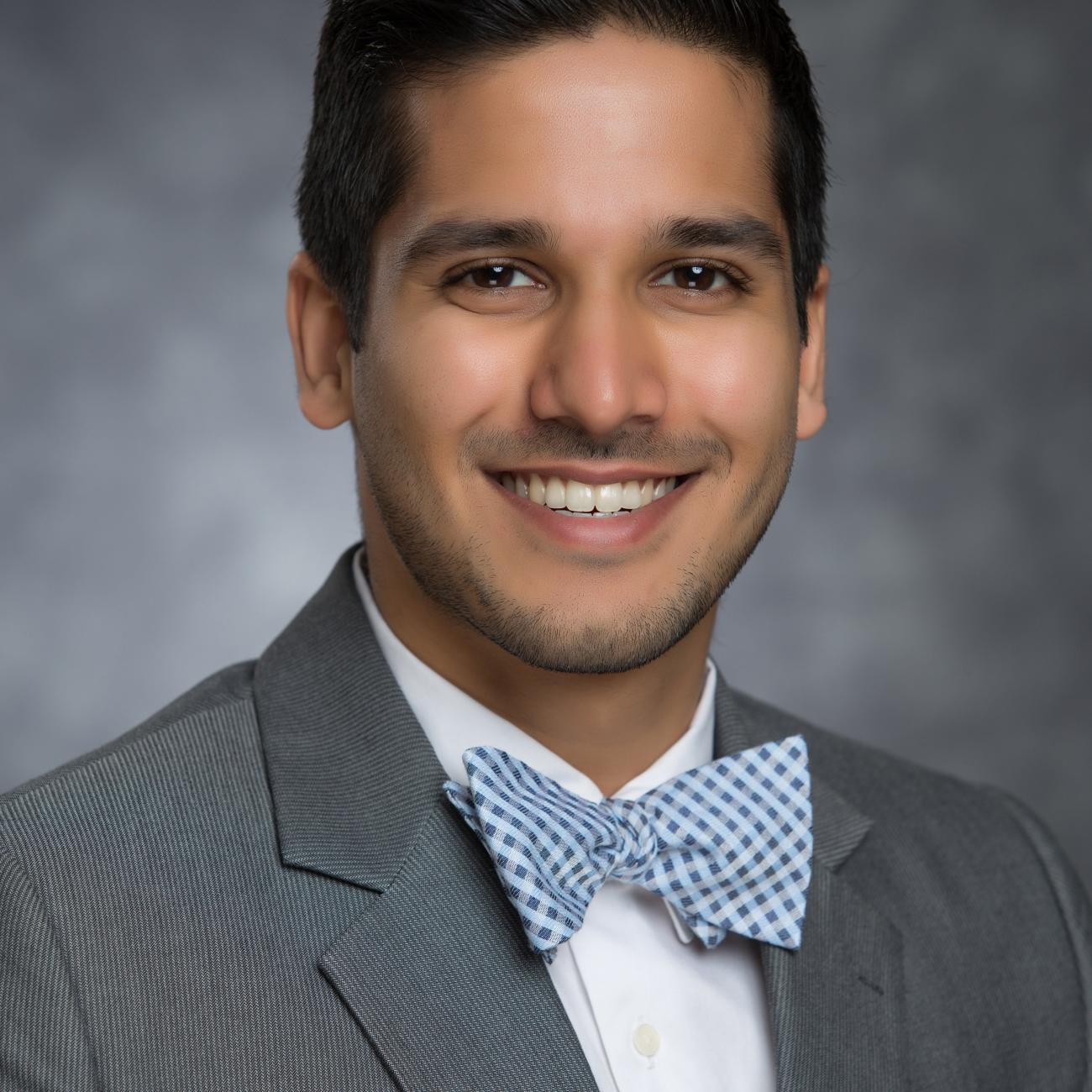What have you been doing (for work, for graduate/professional school, or otherwise) since you graduated from LSM? Are you working on anything outside of your current occupation?
After LSM I completed an MSc in Public Health on a Thouron fellowship at the London School of Hygiene and Tropical Medicine. I then came back to Penn and completed an MD/MBA. As part of that experience, I summered at McKinsey’s New York office. I have since been a resident in general surgery at the Harvard-affiliated Brigham and Women’s Hospital. During my required research years, I returned to CHOP as a post-doctoral fellow and was involved in translational research related in prenatal gene editing. Along the way I’ve been engaged in health services research particularly focused on management issues related to surgery and clinical research related to fetal and pediatric surgery. I enjoyed my role as a Leonard Davis Institute fellow which helped support some of this work.
What is the most rewarding part of what you are doing currently?
Hands down the moments that make me happiest involve taking care of patients, helping fix their surgical problems, and making them feel better and more human – for my pediatric patients that can be for a lifetime, and for my geriatric patients, sometimes just long enough.
I also enjoy running into LSM people on the reg. Joan Li has called me with many surgical consults from the Boston Children’s emergency room and intensive care units. I also recently ran into an LSM graduate in the Brigham trauma bay. I didn’t know her previously but we both helped to take care of the same critically ill patient. While I was a postdoc, I worked closely with several current and recent LSM students (Kevin Wang, Pallavi Menon, Shiva Teerdhala). And when I was covering a surgery shift at Methodist Hospital in South Philadelphia, one of my own LSM classmates (Michael Weintraub) was the medicine doctor calling me to the bedside for an urgent procedure (we hadn’t seen each other in years!). It’s so rewarding to see LSM colleagues and juniors successfully wading through many of the same career and life decisions.
Do you think LSM prepared you for life after college? What aspects were most helpful?
LSM is defining. I think the experience is about teaching us to do away with intellectual limits. If we are going to solve the world’s problems, we need to think outside the box, speak multiple academic and nonacademic languages, and ultimately serve as the conduit through which the right people can be brought together to determine the solutions. I’ve been able to carry this lesson through my professional education – LSM has prepared me to perform as a trainee consultant just as readily as it’s helped me to generate the framework to take care of a sick undifferentiated patient or to hash out the biochemistry of gene editing to troubleshoot an experiment. It’s also taught me to remember when I need to call an expert – there’s no way we can know everything we need to know – we need to have the humility to ask for help!
Finally, I owe tremendous thanks to Andy Coopersmith, the first LSM academic advisor and Dr. Rea for giving me the confidence to take sharp turns and follow the meandering path of my passions along the way. I would note there are also a slew of LSM coordinators to whom I owe my development including Nicole Winchell, Grant Scavello, and Maggie Downey (among others). They are always just a few years ahead of us and provide a critical dose of reality to the program. The program leaders make LSM!
Do you have future plans beyond your current role?
I hope to train as a pediatric surgeon following my residency at the Brigham. Then I’d like to be involved in helping to solve some of the medical and surgical problems facing young children and expectant mothers. Hopefully I’ll be able to bring together my interests in management and translational technologies with my love for taking care of patients to do something good and be useful to society.

